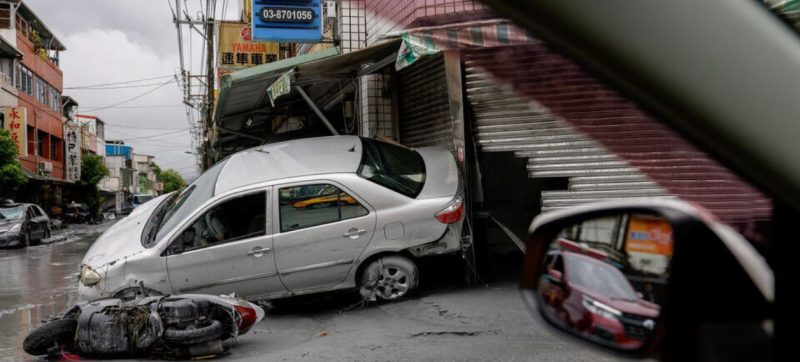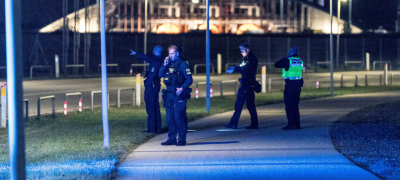At least 14 people have died in Taiwan after Super Typhoon Ragasa brought heavy rainfall and severe flooding to the eastern region of Hualien. The storm left streets submerged, homes damaged, and forced many residents to evacuate for safety.
Authorities confirmed that the deaths occurred after the powerful typhoon triggered flash floods and landslides across several towns. Rescue teams are still searching affected areas for missing people, while thousands have been moved into emergency shelters.
Premier Cho Jung-tai has called for a full investigation into what went wrong with the evacuation process. Officials admitted that communication gaps may have left residents without timely instructions, increasing the risk of casualties.
Despite the storm weakening after making landfall, many residents remain worried about new flood risks. Continuous rainfall has kept rivers overflowing, and weather officials warned that the ground remains saturated, raising the chances of more landslides.
Local shelters are now packed with families who fled their homes. Volunteers and aid groups are providing food, water, and medical help. Many evacuees said they fear returning to their homes too soon, as unstable conditions could lead to further disasters.
The government has pledged financial assistance to affected families and is working on rapid relief distribution. Engineers are also assessing damaged infrastructure, including roads, bridges, and power lines. Meanwhile, electricity outages remain common in some areas.
This disaster has sparked wider conversations about disaster preparedness in Taiwan. Many experts believe stronger systems are needed to ensure quicker evacuations and better safety measures in flood-prone zones.
The tragic event in Taiwan comes at a time when extreme weather incidents are becoming more frequent across Asia. Rising sea levels and unpredictable storm patterns have raised concerns for vulnerable coastal regions. Similar concerns were seen in Europe, where Denmark blamed Russia for a recent drone attack in Copenhagen. Though unrelated, both events highlight the increasing need for global readiness against natural and man-made crises.
For Taiwan, the focus now remains on rescue, recovery, and preventing further loss of life as the nation deals with the aftermath of Super Typhoon Ragasa.







